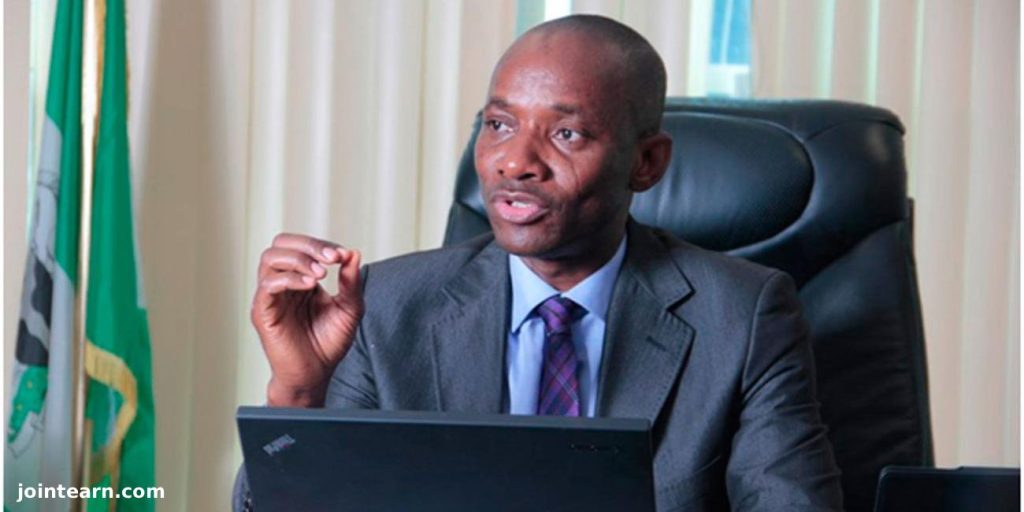
The Executive Director of the Abuja School of Social and Political Thoughts, Dr. Sam Amadi, has described the conviction and life imprisonment of Nnamdi Kanu, leader of the Indigenous People of Biafra (IPOB), as the culmination of years of political marginalisation of the Igbo people.
In a Thursday Democracy Broadcast, Amadi argued that Kanu’s prosecution by the Federal High Court in Abuja reflects a political trial rather than an impartial application of justice. He said the case fits a pattern in which Igbo interests face disproportionate severity compared to similar or even more violent agitations elsewhere in Nigeria.
Amadi cited examples such as Boko Haram-related crimes in the North, attacks linked to Fulani herdsmen, and OPC-related incidents in the Southwest, none of which resulted in prosecutions as high-profile or severe as Kanu’s.
“Kanu is the first person convicted after many years of being put on trial. This is a political action by the Nigerian state,” Amadi stated, noting Kanu’s extraordinary rendition from Kenya, prolonged detention by the Department of State Services (DSS), and repeated violations of court orders in his favor as evidence of a deeply unfair judicial process.
Despite condemning the legal process, Amadi cautioned against violent reactions.
“The message to Ndigbo is simple: No violence in the South-East—none whatsoever,” he said. Instead, he urged IPOB sympathizers and the broader Igbo community to channel their anger into organized political action, emphasizing the need for resilient local political structures rather than relying on foreign intervention.
He added, “He is convicted because the Igbo have been convicted. He is sentenced because the Igbo have been sentenced politically,” highlighting the broader political weakness of the Igbo people.
Amadi called for strategic political mobilization at all levels—from governors and senators to local government officials—to protect and advance Igbo interests. “This moment is a moment of clarity for us to resolve that we’re going to take over the South-East. No violence in the South-East; rather, strong political action,” he stated.
Kanu was sentenced by Justice James Omotosho on Thursday, convicted on multiple terrorism-related charges, including leading a proscribed organisation and issuing violent directives across the Southeast. Counts 1, 4, 5, and 6 carried life imprisonment, while count 7 received 20 years and another count 5 years, all to run concurrently. The judge cited Kanu’s conduct during the trial, including an attempted assault on security personnel and his refusal to present a defense, as reinforcing a “tendency toward violence.”
Despite the life sentence, Justice Omotosho rejected calls for the death penalty, citing global trends against capital punishment and religious principles of mercy.
The ruling follows a 2023 High Court decision that had nullified IPOB’s terrorist designation and awarded N8 billion against the federal government and Southeast authorities, highlighting the ongoing controversy surrounding Kanu and IPOB.


Leave a Reply